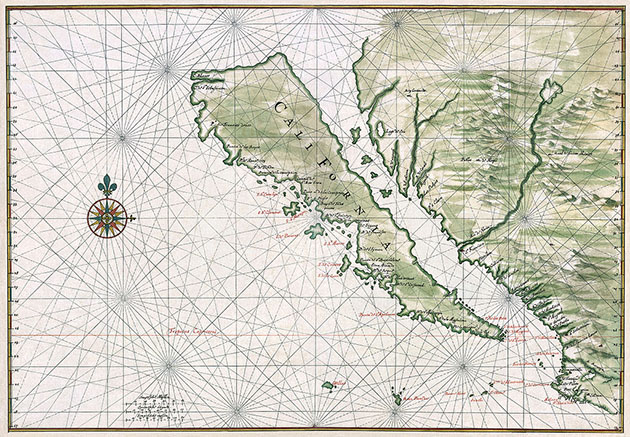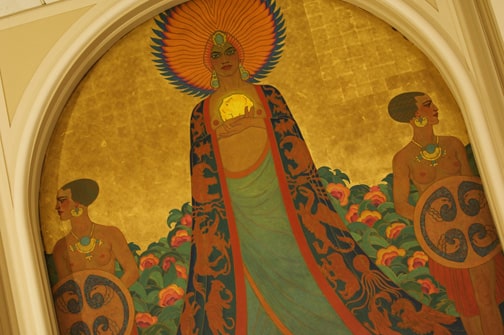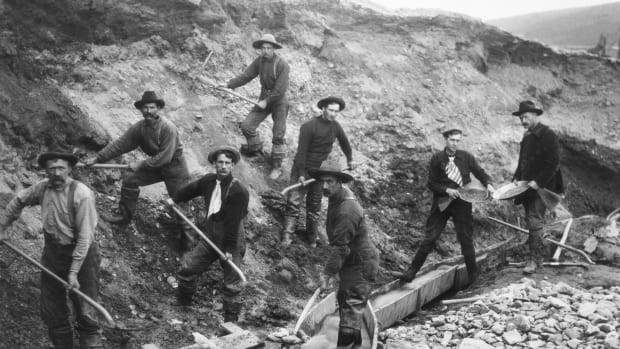
All around the world people know of California, it’s a place that exists in our imagination, as much as it does as a physical location. Over the last century, waves of migrants, from filmmakers to oil men, from farmers to “dot com” entrepreneurs, have journeyed to the state in hopes of attaining their own piece of the California dream.
The origin of the story will demonstrate to us that the California dream isn’t a new phenomenon, but rather has existed in the imagination of men and women for hundreds of years.

Most historians believe the name likely originated from a 16th-century novel, Las Sergas de Esplandián. The novel described an island, very close to the Garden of Eden, full of gold, which was ruled by strong and beautiful black women. Any man who found his way onto this island was killed and fed to their griffin pets.
The author of the novel, Garci Rodríguez de Montalvo is thought to have derived the term California from the Arabic Khalif and/or Khalifa. But he might also have been influenced by the term “Califerne” in the 11th-century epic French poem The Song of Roland.

How did the name of this mythical island become the name of the 31st state of the union? Spanish explorers during the 1500s were familiar with the story and applied the name to what is now called Baja California, which at the time, they thought was an island.
Interestingly, Montalvo’s description of his fictional “island” has parallels in terms of California’s gold rush in the nineteenth century. Not to mention the perception of the State being a Garden of Eden and/or a product of Hollywood’s obsession with fiction.
Ironically, because of the tectonic plate movement, it is probable that Baja and part of Southern California west of the San Andreas Fault will become a literal island in the next few million years. As the relentless drive of the Pacific plate carries the “Island of California” towards Alaska.